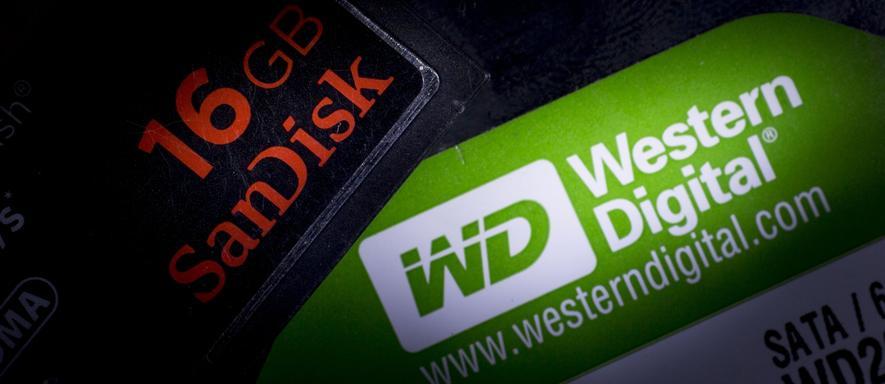US data storage company Western Digital has performed a U-turn on its bid to acquire Toshiba’s lucrative flash memory chip unit after negotiations stalled. The long-running saga looked like it was nearing its conclusion as Western Digital’s CEO jetted into Tokyo for talks with Toshiba last week - after previously seeking an injunction blocking the sale of its chip business, citing that it legally needed its consent before signing off on any deal.
Toshiba although initially reluctant seemed resigned to the fact that it would have to finally sell its chip unit to Western Digital in order to secure much-needed funds to cover losses following the bankruptcy of its US nuclear business Westinghouse. However, Western Digital has now retracted its initial offer for its flash memory unit after talks deadlocked– and instead are now seeking a stronger position in the two company’s joint venture chip business.
A consortium of businesses that include Western Digital, KKR, which is a private equity firm based in the US, and the state-backed Innovation Network of Japan and Development Bank of Japan previously submitted a bid of 1.9 trillion yen ($17.4 billion) for its lucrative and much-sought after chip business.
The consortium led by Western Digital and Toshiba struggled to reach an agreement, with the Japanese conglomerate expressing its concerns in relation to the stake the US company would acquire in the business which they wanted to limit in an attempt to avoid prolonged antitrust reviews.
In an effort to finalize the deal, Western Digital said it was willing to pull out of the consortium in order to address the concerns tabled by Toshiba. In return, Western Digital would strengthen its position in the joint-venture operations between the two entities.
When contacted both Toshiba and Western Digital representatives declined to discuss the situation, saying it could not comment at this time.
Toshiba and Western Digital, which jointly invest in Toshiba’s key plant in central Japan, failed to seal a deal by a previously-planned deadline last week due to disagreement over the U.S. firm’s future stake in the business, sources have said.





